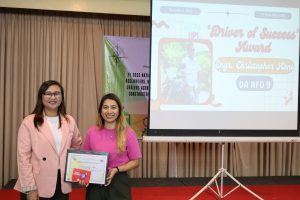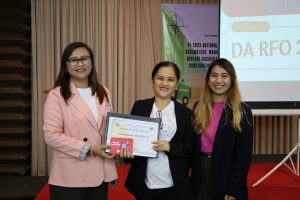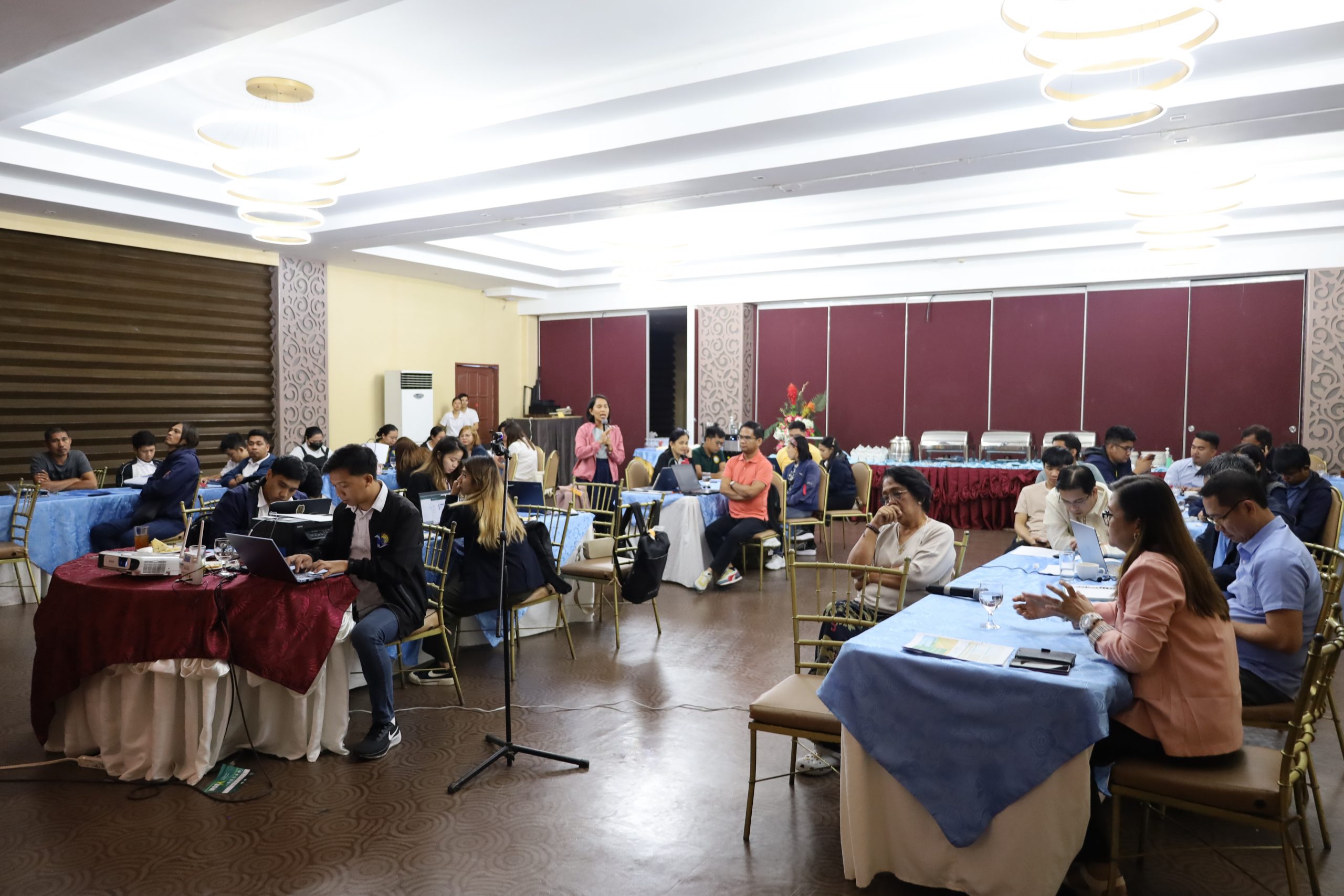
The Philippine Council for Agriculture and Fisheries (PCAF) held the back-to-back year-end performance review of the National Agricultural and Fisheries Machinery Assemblers, Manufacturers, Importers, Distributors and Dealers Accreditation and Classification (NAMDAC) and the Constructors’ Performance Evaluation System (CPES) on November 28-December 1, 2023 in Iloilo City.
The NAMDAC and CPES are two equally important mechanisms of the Department of Agriculture (DA) in maintaining transparency and ensuring the successful implementation of programs and projects related to the mechanization and modernization of Philippine Agriculture.
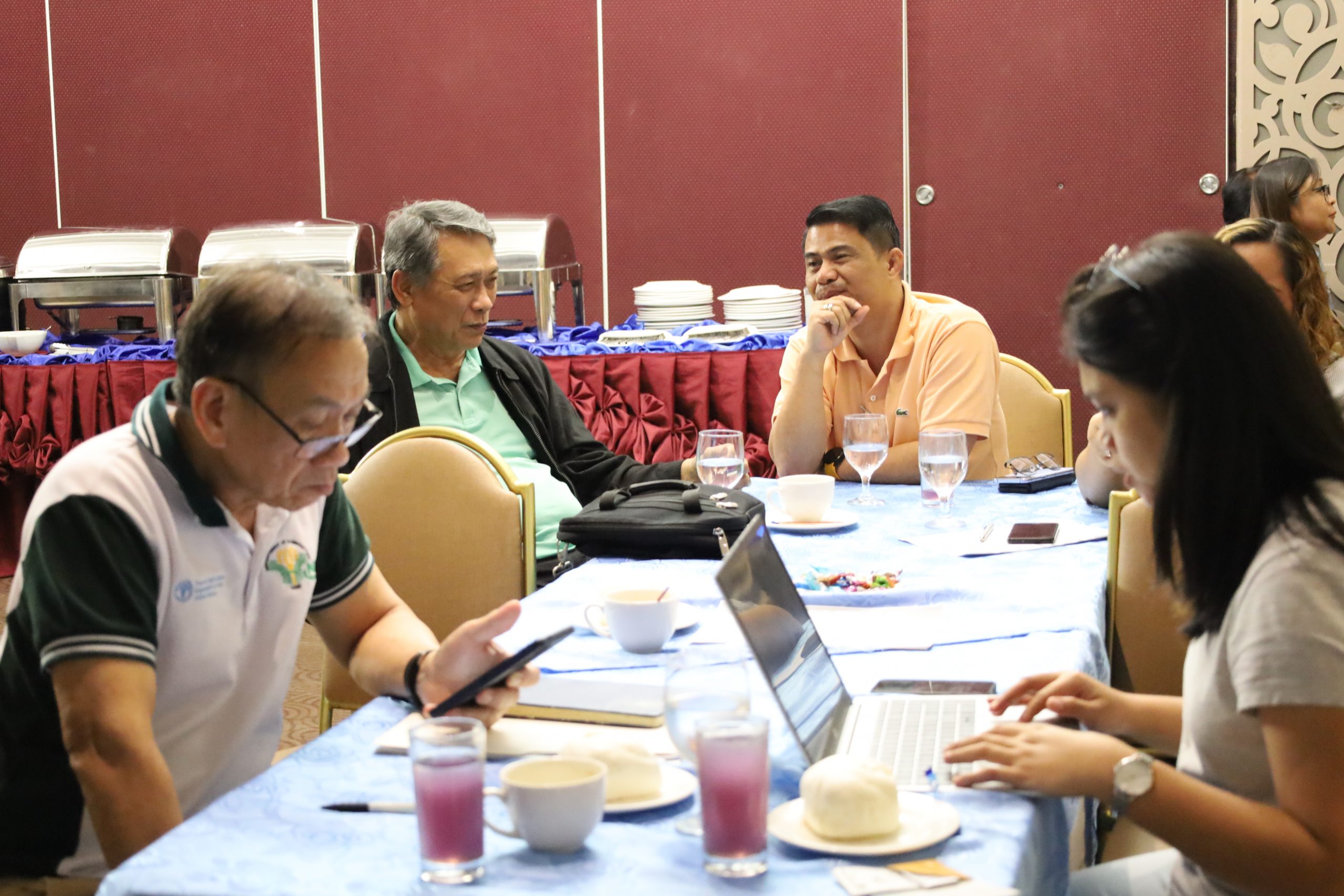
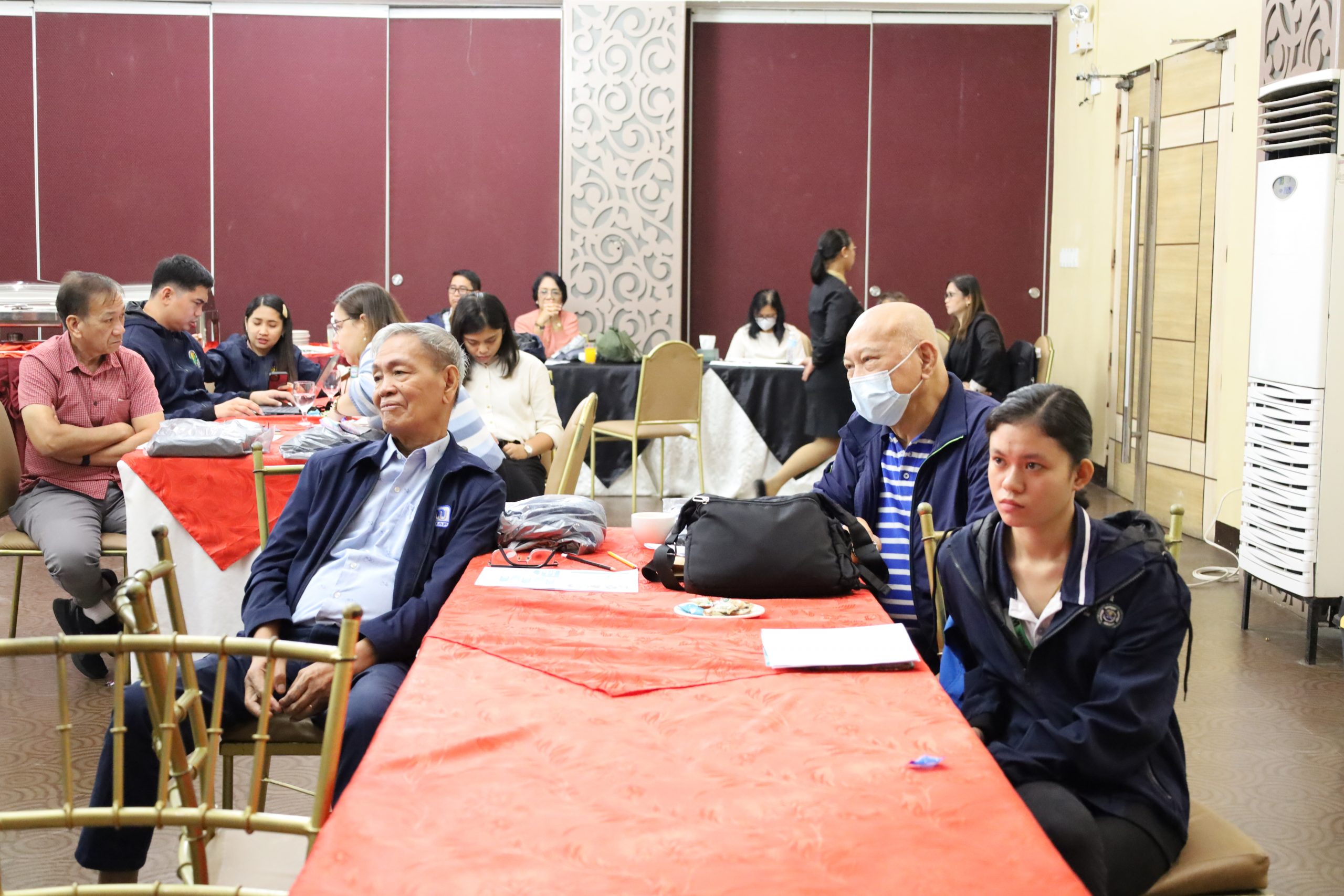
With PCAF as its mandated coordinating agency, the NAMDAC aims to eliminate “fly-by-night suppliers” through the due conduct of accreditation and validation processes. This mechanism also ensures the provision of after-sales services to the end-users of the government’s agriculture and fisheries (A&F) machinery distribution program.
More than 40 A&F machinery suppliers, Department of Agriculture Procuring Entity Representatives, and NAMDAC Board Members joined the activity onsite and online on November 28-29, 2023 to review the status of NAMDAC applications and discuss the impacts of NAMDAC in the procurement process of the Department.
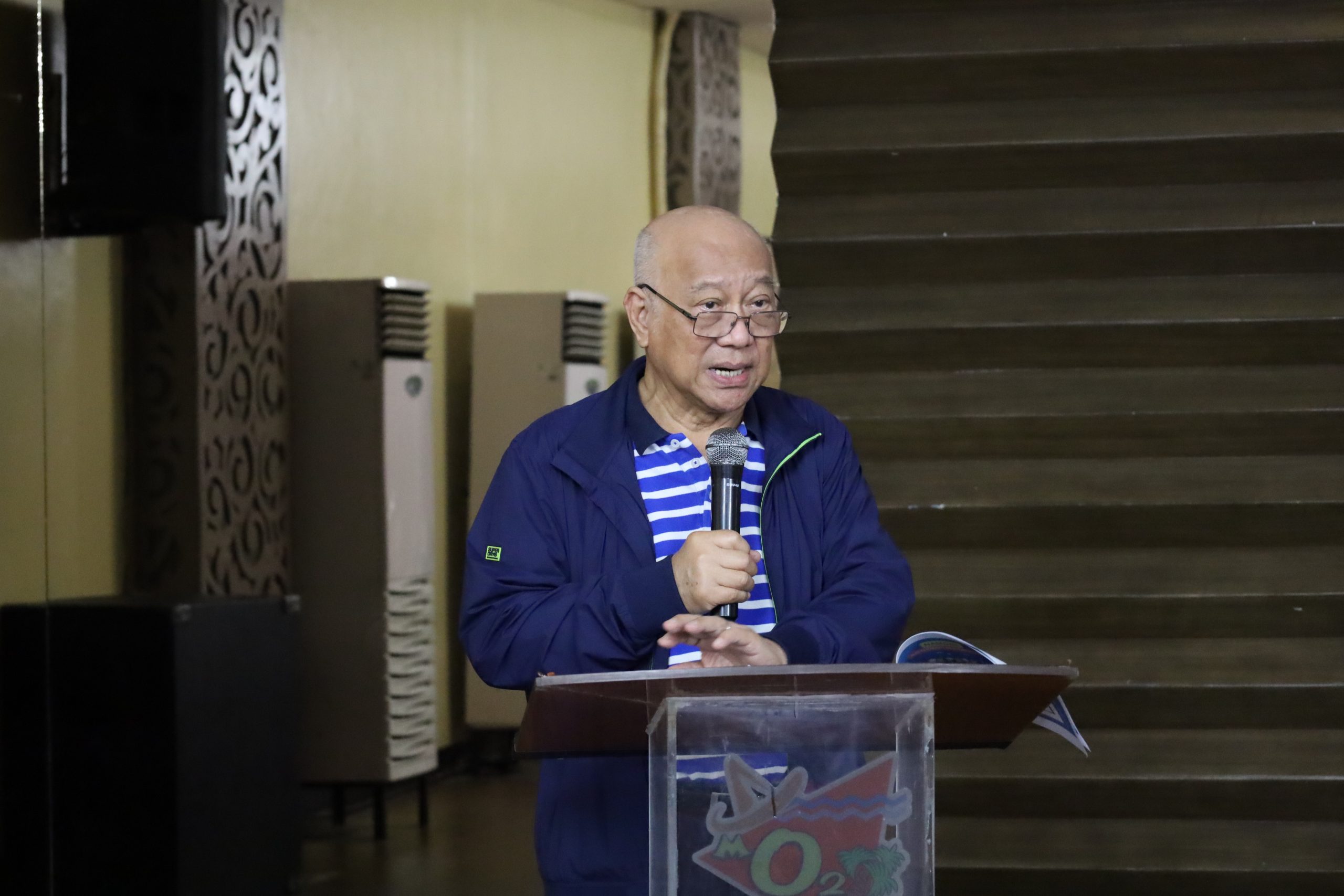
NAMDAC Board Chairperson Rodolfo Tamayo reported that they were able to receive and review forty-three (43) new applications for 2023. Eighteen (18) of which have been accredited and classified while the rest were either incomplete/withdrawn, ineligible, or up for re-evaluation.
As of November 15, 2023, a total of one hundred thirty-seven (137) A&F machinery suppliers were accredited—thirty-five (35) were classified as small A&F supplier, fifty-two (52) as medium, and fifty (50) as large.
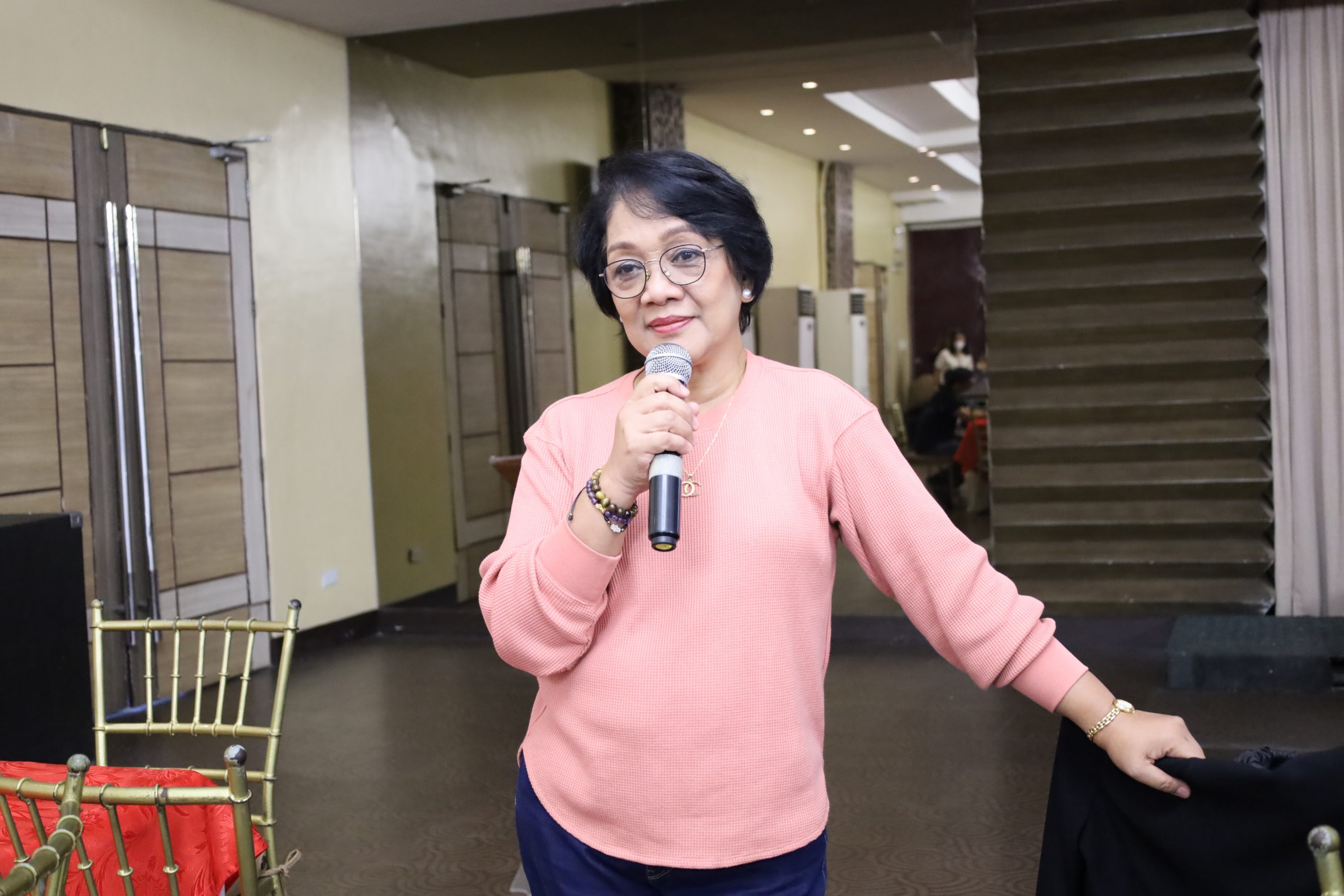
In her opening message, PCAF’s Policy Development and Coordination Division Chief Engr. Francia Macalintal expressed her appreciation towards the participating entities of NAMDAC.
“You are the ‘drivers’ of agricultural and fisheries mechanization toward a Prosperous Agriculture and Progressive Economy,” she said.
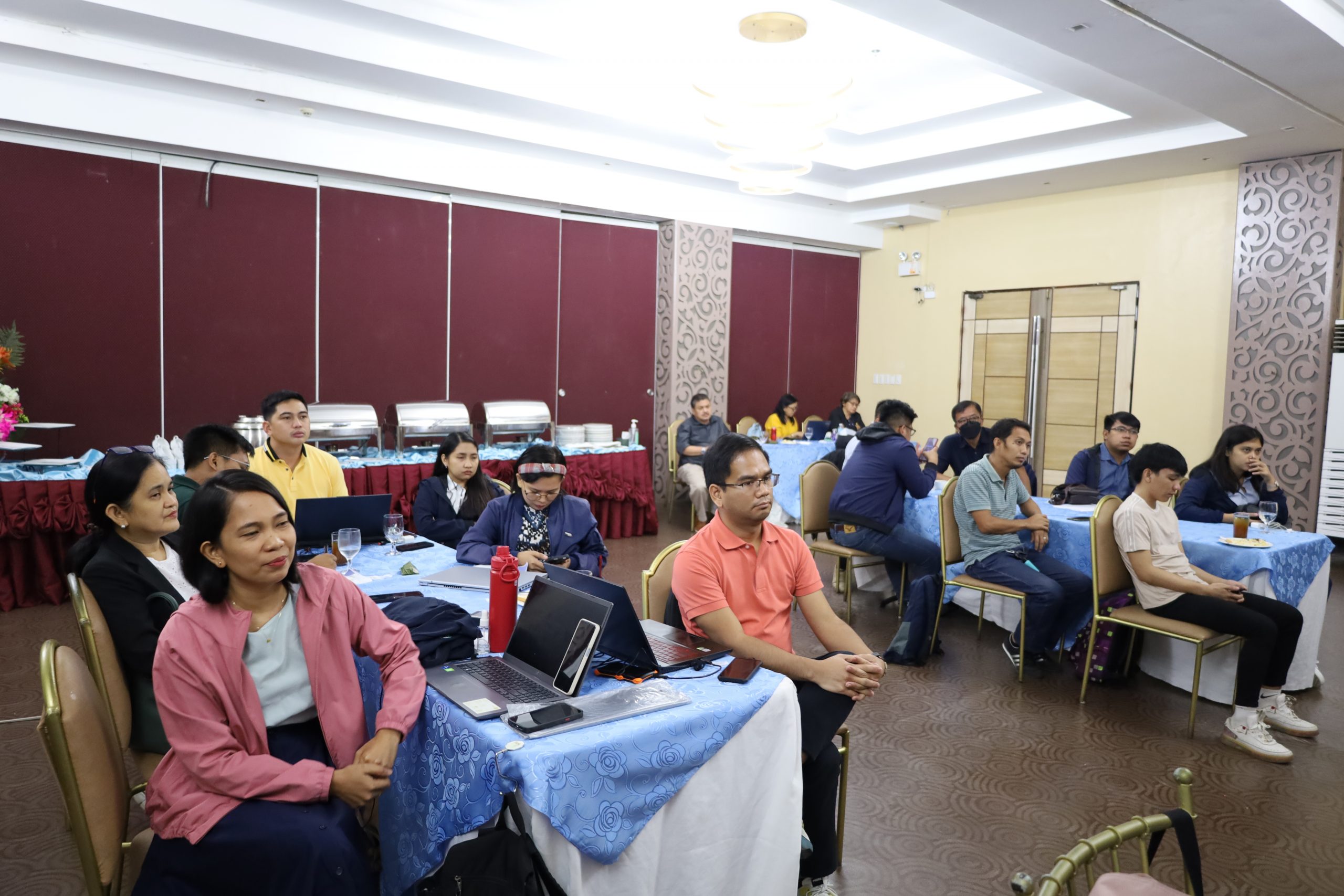
On the other hand, the CPES intends to ensure the “check and balance” in the implementation of DA agri-infrastructure projects.
From its pilot evaluation in July 2019 to June of 2023, 77 agri-infrastructure projects have been subjected to CPES.
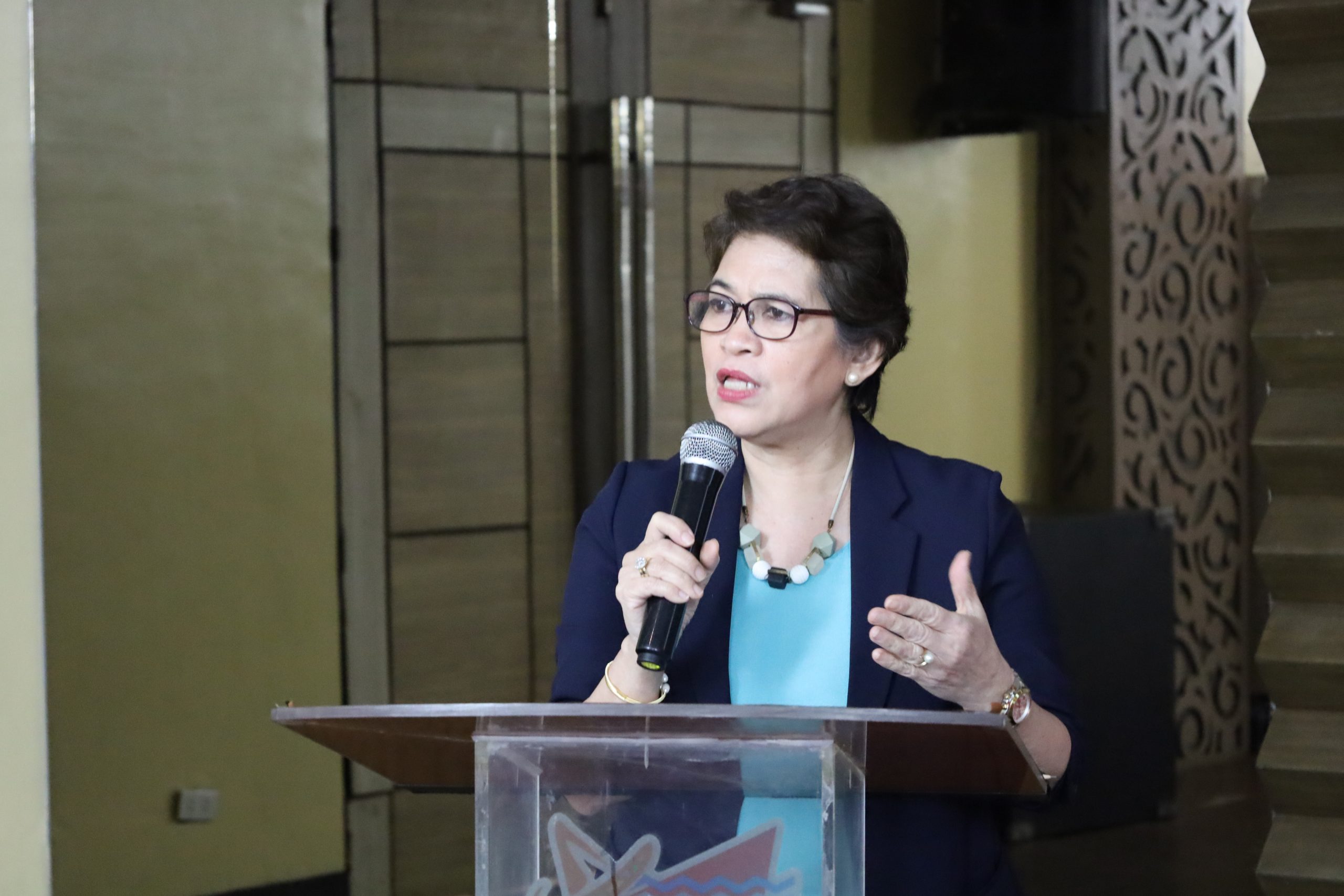
“The establishment of CPES in 2019 marked a new beginning of transparency in the implementation of DA agri-infrastructure projects, as it became an essential tool in ensuring the conformity of various infra projects to the required standards and specifications,” PCAF OIC-Executive Director Julieta Opulencia said.

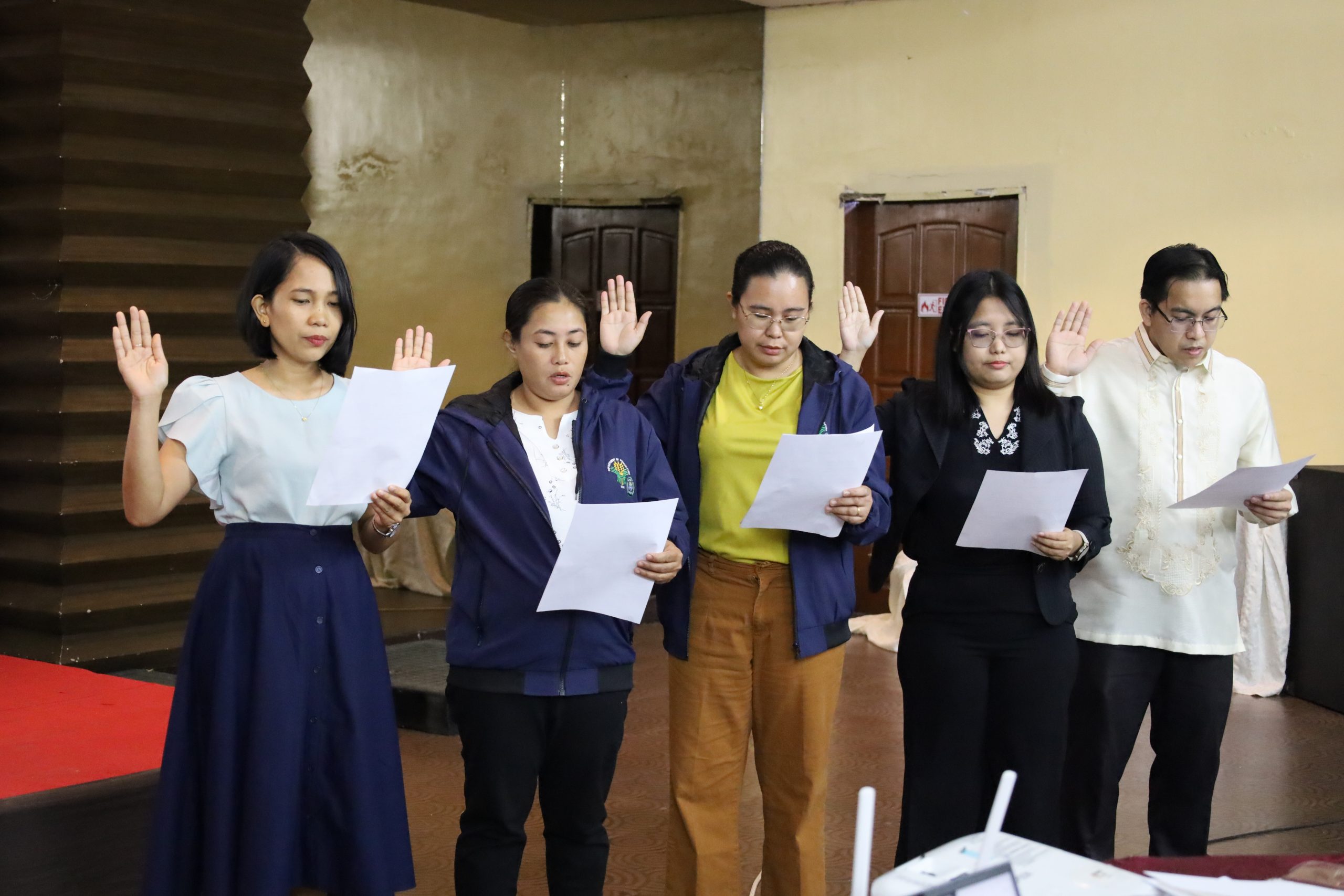
During the performance review, the PCAF also welcomed twenty-eight (28) new Constructors’ Performance Evaluators (CPEs) and awarded those who showcased outstanding performances for the entire year.
To date, there are 213 active CPEs who are trained and accredited by the Department of Trade and Industry-Construction Industry Authority of the Philippines’ Philippine Domestic Construction Board to conduct the CPES.
Among the notable recommendations was the mandatory subjection of projects, amounting to Php10 million and above, to the CPES. Engr. Jeshiah Mercado of DA-RFO III also suggested for the CPES Rating Certification as a bidding requirement in the procurement process of agri-infrastructure projects.
PCAF, through its Agricultural and Fisheries Mechanization and Infrastructure Support Section, serves as the DA-CPES Implementing Unit under the Department Circular No. 1, series of 2019. | Joy Camille Luza




